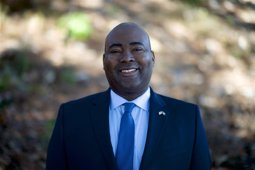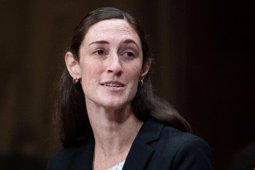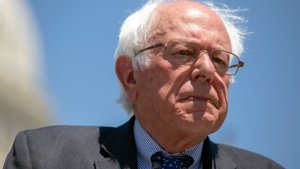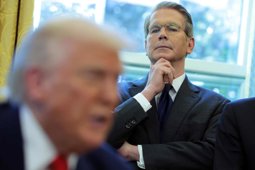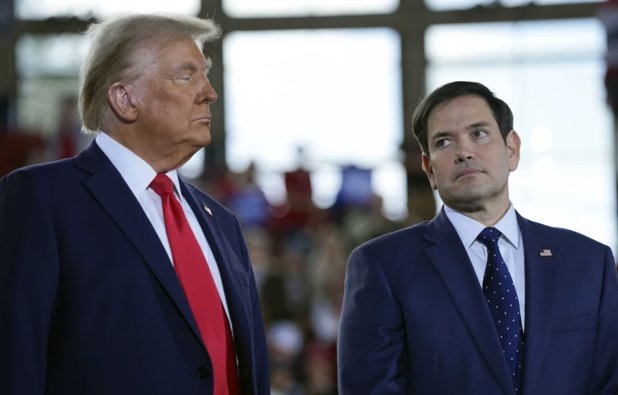
Trump Restructures National Security Council
Trump and Rubio accelerate plans to shrink the NSC and shift key roles to State and Defense to combat “Deep State” influence.
NSC Overhaul Continues After Waltz’s Departure
President Donald Trump, in coordination with Secretary of State Marco Rubio, is advancing a major overhaul of the National Security Council (NSC), weeks after the departure of former National Security Advisor Mike Waltz. The restructuring effort aims to reassign core NSC functions to the State and Defense Departments and reduce the agency’s size to streamline operations and eliminate bureaucratic opposition.
According to the administration, the NSC has become bloated with long-term federal staffers perceived as misaligned with Trump’s national security priorities. The reorganization will involve significant personnel changes, including the appointment of Andy Barker, national security advisor to Vice President JD Vance, and Robert Gabriel, presidential policy assistant, as deputy national security advisors.
Waltz began the NSC downsizing in January by placing 160 staff members on leave, pending a review of the agency’s alignment with Trump’s broader agenda. Waltz, a former congressman and Green Beret, voiced concerns over the presence of political appointees from the Biden administration and interagency transfers within the NSC structure. He departed the post earlier this month to serve as U.S. ambassador to the United Nations.
A White House official described the overhaul as part of an effort to root out entrenched institutional resistance in Washington. “The NSC is the ultimate Deep State. It's Marco vs. the Deep State. We're gutting the Deep State,” the official stated.
Rubio Consolidates National Security Roles
Following Waltz’s departure, Rubio has assumed the role of national security advisor while continuing to serve as Secretary of State. He is also acting archivist and acting administrator of the U.S. Agency for International Development (USAID), which the administration plans to dismantle by year’s end.
Fox News Digital previously reported that the State Department intends to absorb USAID’s responsibilities, eliminating its status as an independent agency. The restructuring is expected to result in thousands of staff cuts, according to a State Department memo, with the goal of increasing the efficiency of foreign aid programs deemed essential to U.S. global interests.
The Trump administration argues that centralizing operations under existing departments will enable faster decision-making and better alignment with presidential objectives. Critics, however, view the consolidation as a power grab that weakens independent oversight of foreign assistance and national security policy.
Waltz’s short tenure at the NSC was marked by internal conflict, including his involvement in a controversial Signal group chat about military actions against Houthi rebels. Despite the episode, administration insiders credit Waltz with laying the groundwork for a sweeping reorganization of the national security apparatus.
The ongoing changes signal a fundamental shift in how the Trump administration plans to execute foreign and defense policy during his second term. With Rubio now overseeing multiple critical roles, the White House is consolidating authority to implement what officials describe as an “America First” approach to global engagement.

